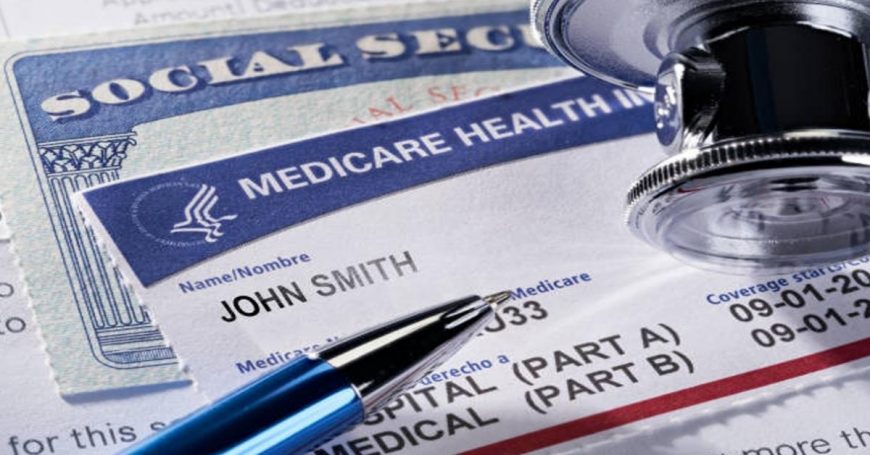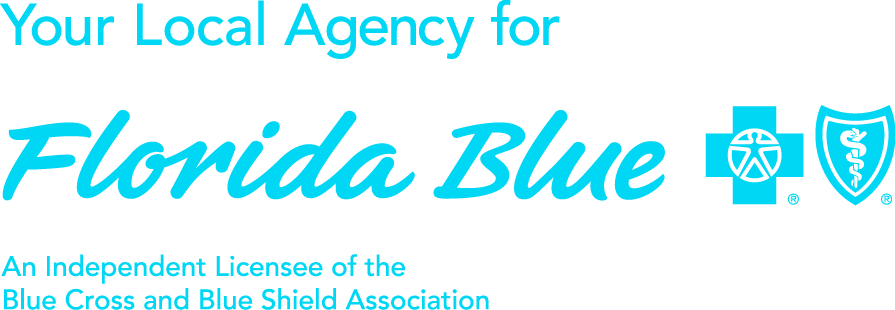Medicare

Medicare is our country's health insurance program for people age 65 or older. Certain people younger than age 65 can qualify for Medicare too, including those with disabilities and those who have permanent kidney failure.
The program helps with the cost of health care, but it does not cover all medical expenses or the cost of most long-term care. You have choices for how you get Medicare coverage. If you choose to have Original Medicare (Part A and Part B) coverage, you can buy a Medicare Supplement Insurance (Medigap) policy from a private insurance company.
The Centers for Medicare & Medicaid Services is providing equitable relief to people who could not submit premium-Part A or Part B enrollment or disenrollment requests timely due to challenges with contacting us by phone. This relief applies to the 2022 General Enrollment Period, Initial Enrollment Period, and Special Enrollment Period.
If you were unable to enroll or disenroll in Medicare because you could not reach us by phone after January 1, 2022, you will be granted additional time through December 30, 2022.
For more information, call 1-800-772-1213 or use our Office Locator to find the number for a local office.
The Parts of Medicare
Social Security enrolls you in Original Medicare (Part A and Part B).
- Medicare Part A (hospital insurance) helps pay for inpatient care in a hospital or limited time at a skilled nursing facility (following a hospital stay). Part A also pays for some home health care and hospice care.
- Medicare Part B (medical insurance) helps pay for services from doctors and other health care providers, outpatient care, home health care, durable medical equipment, and some preventive services.
Other parts of Medicare are run by private insurance companies that follow rules set by Medicare.
- Supplemental (Medigap) policies help pay Medicare out-of-pocket copayments, coinsurance, and deductible expenses.
- Medicare Advantage Plan (previously known as Part C) includes all benefits and services covered under Part A and Part B — prescription drugs and additional benefits such as vision, hearing, and dental — bundled together in one plan.
- Medicare Part D (Medicare prescription drug coverage) helps cover the cost of prescription drugs.
Most people age 65 or older are eligible for free Medicare hospital insurance (Part A) if they have worked and paid Medicare taxes long enough. You can sign up for Medicare medical insurance (Part B) by paying a monthly premium. Some beneficiaries with higher incomes will pay a higher monthly Part B premium. To learn more, read Medicare Premiums: Rules For Higher-Income Beneficiaries.
Should I Sign Up For Medical Insurance (Part B)?
With our online application, you can sign up for Medicare Part A and Part B. Because you must pay a premium for Part B coverage, you can turn it down.
If you’re eligible at age 65, your Initial Enrollment Period (IEP) begins three months before your 65th birthday, includes the month you turn age 65, and ends three months after that birthday.
Note: Important Upcoming Change – Rules for 2023 and later: If you accept the automatic enrollment in Medicare Part B or if you sign up during the first three months of your IEP, your coverage will start the month you’re first eligible. Beginning January 1, 2023, if you sign up during the month you turn 65 or during the last three months of your IEP, your coverage starts the first day of the month after you sign up.
The following chart shows when your Medicare Part B becomes effective in 2022:
| In 2022, if you sign up during this month of your IEP | Your Part B Medicare coverage starts |
|---|---|
| One to three months before you reach age 65 | The month you turn age 65. |
| The month you reach age 65 | One month after the month you turn age 65. |
| One month after you reach age 65 | Two months after the month of enrollment. |
| Two or three months after you reach age 65 | Three months after the month of enrollment. |
The following chart shows when your Medicare Part B becomes effective in 2023:
| Beginning in 2023, if you enroll in this month of your IEP | Your Part B Medicare coverage starts |
|---|---|
| One to three months before you reach age 65 | The month you turn age 65. |
| The month you reach age 65, or one to three months after you reach age 65 | The first day of the month after you sign up. |
If you choose not to sign up for Medicare Part B but then decide to do so later, your coverage could be delayed. You may have to pay a higher monthly premium for as long as you have Part B. Your monthly premium will go up 10% for each 12-month period you were eligible for Part B, but didn’t sign up for it. This does not apply if you qualify for a "Special Enrollment Period" (SEP).
If you don’t sign up for Medicare Part B during your IEP, you have another chance each year to sign up during the “General Enrollment Period” (GEP) from January 1 through March 31. Your coverage starts the first day of the month after you sign up. Read our publication Medicare for more information.
Special Enrollment Period (SEP)
You may have medical insurance coverage under a group health plan based on your or your spouse's current employment. In this case you may not need to apply for Medicare Part B at age 65. You may qualify for a "SEP” that will let you sign up for Part B during:
- Any month you remain covered under the group health plan and you or your spouse's employment continues.
- The eight-month period that begins with the month after your group health plan coverage or the employment it is based on ends, whichever comes first.
WHO IS IT FOR?
Typically senior products are designed to benefit those people who are 65 and older. Many of these people are at or near retirement age and their needs for health insurance and life insurance change drastically. Most experts recommend using the services of a licensed insurance agent when seniors are faced with these new challenges.
WHAT IS IT?
Typically, senior products are medicare supplement or MA plans that help seniors pay for those expenses not covered under Medicare and final expense life insurance plans that help cover burial costs.
WHY SHOULD I BUY IT?
Many seniors are on a fixed income after retirement and they need extra help in covering out-of-pocket expenses associated with uncovered medical bills. They also want the peace of mind that their children will not be burdened with bearing the costs of their burial at the time of their death.
ARE YOU TURNING 65 SOON? IF SO, YOU WILL BE ELIGIBLE TO ENROLL IN MEDICARE.
Plan ahead and review your options with Elliot Glass. Call 833-355-4684 to make sure you're covered with the right Medicare Advantage or supplemental plan at the right price.
ARE YOU OVER 65 AND WANT TO CHANGE YOUR MEDICARE OPTIONS?
From October 15 to December 7, you have the opportunity to make changes to your Medicare Advantage or Medicare prescription drug coverage.
HOW DO MEDICARE ADVANTAGE PLANS WORK?
Medicare Advantage Plans, sometimes called "Part C" or "MA Plans," get your Medicare Part A (Hospital Insurance) and Medicare Part B (Medical Insurance) coverage from the Medicare Advantage Plan and not Original Medicare.
WHAT'S MEDICARE SUPPLEMENT INSURANCE (MEDIGAP)?
A Medicare Supplement Insurance (Medigap) policy, helps pay some of the health care costs that Original Medicare doesn't cover, like co-payments, coinsurance, and deductibles.
Some Medigap policies also offer coverage for services that Original Medicare doesn't cover, like medical care when you travel outside the U.S. If you have Original Medicare and you buy a Medigap policy, Medicare will pay its share of the Medicare-approved amount for covered health care costs. Then your Medigap policy pays its share.
A Medigap policy is different from a Medicare Advantage Plan. Those plans are ways to get Medicare benefits, while a Medigap policy only supplements your Original Medicare benefits.
VIEW THE MEDICARE BASICS GUIDE WATCH THIS VIDEO
STILL HAVE QUESTIONS?
‹ Back



 Elliot Glass has been a leader in the insurance industry since 2012. His experience and reputation enable him to best serve his valued clients by understanding their individual needs and offering common-sense solutions. This process saves time, money and provides peace of mind for you and your family.
Elliot Glass has been a leader in the insurance industry since 2012. His experience and reputation enable him to best serve his valued clients by understanding their individual needs and offering common-sense solutions. This process saves time, money and provides peace of mind for you and your family.
.png)